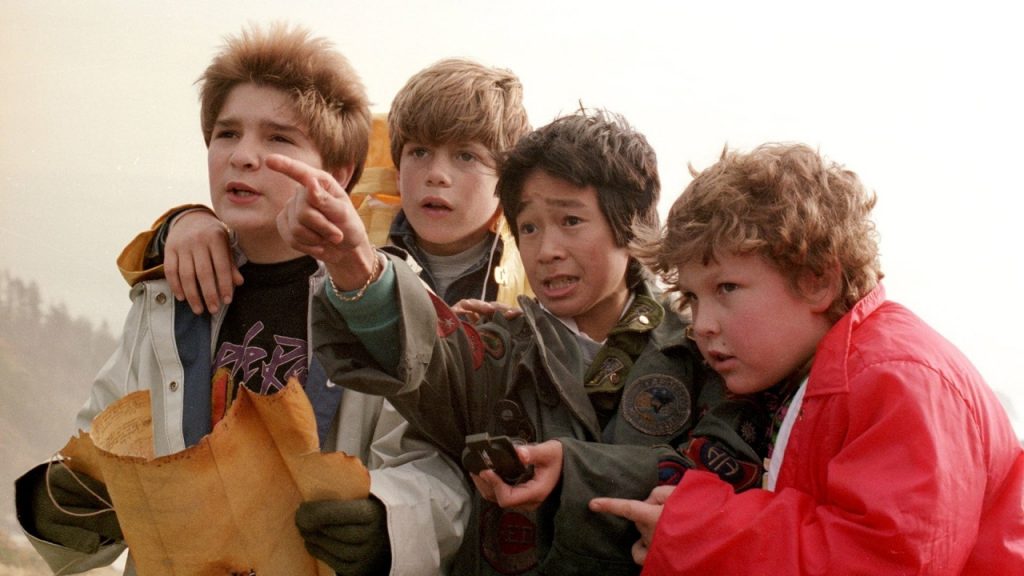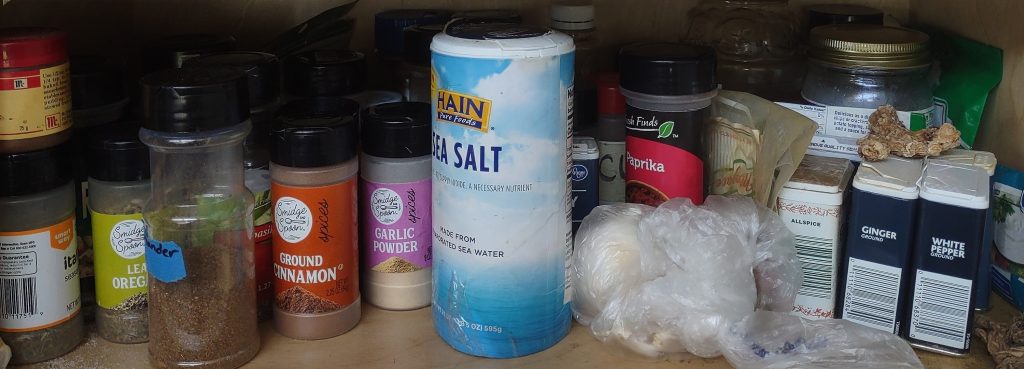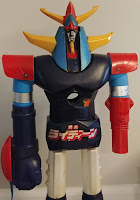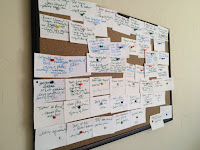Between holidays and my own work and life in general, the ranty writing blog’s suffered a lot these past two or three months. I kept starting things and then rethinking them. Sorry about that.
Anyway, I really wanted to get in one more semi-helpful post before the holidays kick in and it’s all Black Friday this, Cyber-Monday that.
And I figured a cool topic might be, y’know, starting things and then rethinking them.
I think a lot of the reason I struggled with outlines for so long was because having an outline meant I had to KNOW WHAT I WAS DOING. Yes, all caps. No, not in the sense of writing. I still don’t know what I’m doing in that sense. But in the sense of my book. An outline meant I had everything worked out in this story. I knew how it all fit together. That twist, this character arc, that cool scene. I knew it all.
I mean, an outline’s essentially a map, right? It’s were I start from, where I want to end up, and all the interesting places along the way. The more detailed that map is, the less room there is for deviation or change. In theory, the less room we need to deviate or change. Because we’ve got it all worked out, right?

And that’s why I didn’t use them for so long. Outlines felt like the exact opposite of how I tended to write. I like discovering things while I’m writing. Or maybe coming up with something all-new as I worked. I don’t mean that in some vague, artsy “how my muse compels me” way, just my general process. Outlines tended to make me feel like I had to do all the work first. And if I didn’t use all that work… well, I’d just wasted time, hadn’t I?
It took me a long time to realize that, no matter how structured and solid my outline is, there’s always flex room. Just because I’ve got a ten or fifteen page outline doesn’t mean I need to stick to it. I can always tweak things and adjust.
And the ugly truth is… sometimes we just need to toss the outline and start over. Things that made sense when they were three sentences in the outline don’t work as well when I actually write out the full two pages. It’s easy to write “then X happens,” but then I sit down and maybe… X doesn’t just happen. Maybe X doesn’t make a lot of sense after all. The characters might’ve changed a bit as they fleshed out. I might have a different sense of how things interact.
There’s nothing wrong with getting 10,000 words into something and realizing it’s not working. Or 30,000 words. Or 50,000. As I’ve mentioned before, we’re always going to need to rewrite. And there’s always going to be stuff we write that nobody ever sees. Lines of dialogue, characters, sometimes whole chapters.
And I know, this feels wrong. It feels like we’ve wasted time and effort. What was the point of doing the outline if I ended up tossing so much work?
Y’see, Timmy, the outline’s a map, yeah, but it’s only a map to my first draft. That’s why we revise. To find all the places the trip could go a little better. To find out if there’s a way to cut a few hours off the drive. Maybe, for example, by not letting Wakko drive. At all. Perhaps we didn’t need to spend that long here, but really could’ve spent more time there. And maybe now we know to always stop at this place for food and that we definitely shouldn’t‘ve spent the night at that place. Never, ever staying there again. And maybe we find out our trip had a better starting point—that we all could’ve met up there instead of here. And maybe we thought we wanted to go there, but it turns out, y’know, that’s a much better place.
I’m currently rewriting this book. It had a thirty page outline. I wrote and revised a 170K manuscript. And I’m doing another big revision right now because I stepped away from it, talked with some folks, and realized there were a few parts that ultimately just didn’t work. Some have been changed. Some have been yanked. I’ve cut over 10,000 words out of it so far and I’m barely at the halfway point.
But it’s the right thing to do. And there’s nothing wrong with doing it.
Okay, next time, as I mentioned, we’re going into the holiday season so expect to see Black Friday and Cyber-Monday posts from me, as you have in the past. And then after all that we should be back to our regularly scheduled whatever I think of. I think there was a suggestion about plotting tools and tips…?
Until then, go write.




